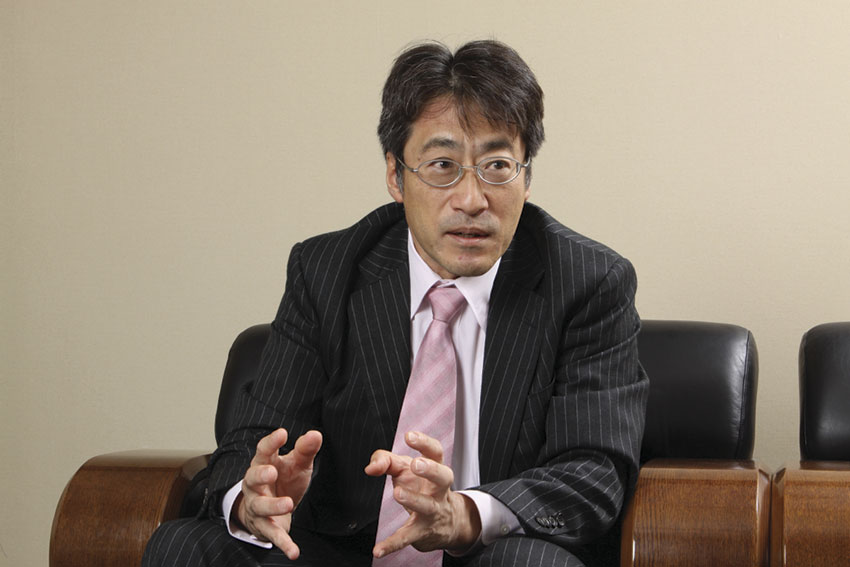In the face of having an aging population, Japan’s toy industry has managed to not only transition into a new era of entertainment, but also increase its business worldwide

The Japanese toy and entertainment industry is in a period of evolution. Declining birth rates and other various factors are impacting the industry, but Japanese companies are combating these obstacles by developing well-liked new characters and hit products to alter the entertainment landscape. Popular new trends, such as the Pokemon Go phenomena, Japanese anime, manga, video games and films, are taking over the planet. While at home, Japan’s toy market has increased 9% year-on-year from the fiscal year 2014-2015, which was the highest in a decade.
Many established companies in the sector are developing unique campaigns to secure a wider audience that not only target children but adults too.
CEO of Tomy Co. H.G. Meij comments that new technologies, in parallel with popular traditional toys, are hybridizing in order to expand into new demographics. Mr. Meij, who in 2015 became the first non-Japanese chief of Tomy, says, “When I came on board, I said that the world is changing so dramatically now that we have to change the whole company again for the next 30 years, starting in 2014. We call that the fourth revolution; it is all about the merging of analog toys with digital technology.”
He continues, “However we don’t have to be, or ever should be, 100% digital, because we believe there is a very important role in having toys you can actually put in your hands, but they need to be augmented with digital technology.”
For Tomy, such innovation means new opportunities with product technology and new audiences. For others, meanwhile, it is important to maintain the reasons people loved toys in the first place. President of Epoch Co., Ltd. Michihiro Maeda, for instance, is one executive trying to widen his company’s customer audience by connecting childhood obsessions with adulthood interests.
“During one’s childhood, kids love many toys, but as they get older and become teenagers, they look back at that toy they once loved and cannot remember why they loved it so much… it has lost its magic. We want to create the kind of magic that stays all the way to adulthood, so even adults can feel and remember the beauty of the toy,” explains Mr. Maeda. “Sylvanian Families are loved all over the world by girls who eventually become teenagers, and adult mothers, and they still love our products. Then they will share their passion for these toys with their daughters and the cycle goes on. This is an important point for us.”
Epoch has taken this approach to more than 50 countries around the world. “Two or three years ago, we started in the Middle East. I had been hesitant whether Sylvanian Families would be accepted in Middle Eastern countries, but the truth is they were very well received. Despite different religions and cultures, our toys are well accepted. The success made me confident that we can expand into more countries than we had initially thought, regardless of culture, because the toys are animals, and that will not offend anyone. Indeed, we are already distributing in Russia, and have a sales company in Brazil, but there are so many other emerging countries we have not approached yet,” says Mr. Maeda.
Nevertheless, there are many challenges still associated with Japan’s international business relations and marketing. Language barriers, government policies and a lack of market information are blocking a tsunami of Japanese entertainment culture.
International Japanese artists, like actor Ken Watanabe, believe the government needs to make better use of the entertainment sector to communicate messages and solve such problems. “The political policies and environment do not really emphasize the role of the entertainment sector,” he says. “Our job, as an entertainment sector, is also about solving problems. The government should make good use of it. It is not represented clearly as a whole. We need to establish one network, a global support system.”
That said, the great allure Japan provides, such as its distinct culture, is seeing its key animation and production firms successfully take their products internationally through existing technologies like the Internet.
One of Japan’s most popular anime companies, Toei Animation Co., Ltd., which has been operating for over 60 years and is listed on the JASDAQ, has seen just that – as its President Katsuhiro Takagi explains: “Recently, partly due to the expansion of the online distribution market, a number of our products have become available to viewers not only on TV, but also on computers and smartphones.”
Although there have been other avenues to spread its products abroad, Mr. Takagi would still like to have more information on foreign markets to build interest in other demographics. “People who really like our products are called otaku. These are our fans; people who like to dress up in costumes of our most iconic characters. I would also like to see Toei Animation focus more on products that appeal to children and families. I think that there’s a market there,” he says.
0 COMMENTS